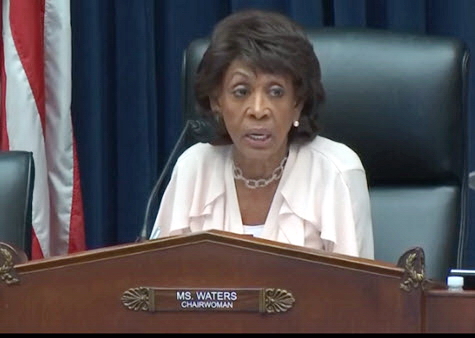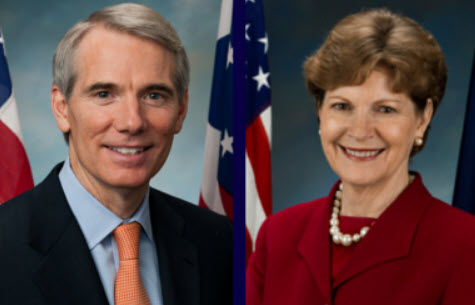
A draft bill to reauthorize the Terrorism Risk Insurance Act (TRIA) for 10 years is expected to be the focus of next week’s House Financial Services Committee hearing “Protecting America: The Reauthorization of the Terrorism Risk Insurance Program.”
A committee memo distributed this week notes that Committee Chairwoman Maxine Waters (D-CA) will introduce the draft reauthorization bill.
The Oct. 16 hearing will be webcast live here.
- According to background provided by the Financial Services Committee memorandum, following the September 11, 2001 terrorist attacks, “Analysts warned that the disappearance of affordable terrorism risk coverage would negatively affect the larger U.S. economy due to the importance of commercial insurance in a variety of business transactions.”
- In response, Congress passed the Terrorism Risk Insurance Act of 2002 (TRIA), which established the first federal backstop for terrorism risk insurance. Specifically, TRIA established the Terrorism Risk Insurance Program (TRIP) within the Department of Treasury to provide federal reinsurance in the event of catastrophic losses.
- TRIA was extended in 2005, 2007 and again in 2015 – following a 12-day lapse when Congress failed to complete their work on reauthorization at the end of 2014.
- With TRIA currently set to expire at the end of 2020, a long-term, clean reauthorization is a top priority for The Real Estate Roundtable. TRIA was a key topic of discussion last week during meetings of The Roundtable’s Homeland Security Task Force and Real Estate Capital Policy Advisory Committee in New York City.
- During an October 1 podcast episode of “Through The Noise,” Roundtable President and CEO Jeffrey DeBoer noted, “Businesses and facilities of all types need to see the terrorism risk insurance program extended. This need applies to hospitals, all commercial real estate buildings, educational facilities, sports facilities, NASCAR and theme parks, and really any place where commercial facilities host large numbers of people.”
- The Roundtable and nearly 350 companies and organizations urged Congress on Sept. 17 to swiftly pass a long-term TRIA reauthorization. (Roundtable Weekly, Sept. 20)
- A 2018 Treasury Department report noted that 78 percent of all TRIA-eligible policies included terrorism risk insurance coverage. Treasury data also showed that the take-up rate for terrorism risk insurance did not vary significantly by region (74 percent in the Northeast, 82 percent in the Midwest, 76 percent in the South, and 82 percent in the West).
- Treasury concluded that TRIP has been effective in making terrorism risk insurance available and affordable in the insurance marketplace. (Treasury, Report on the Effectiveness of the Terrorism Risk Insurance Program, June 2018)
- Additionally, Financial Services Committee Member Carolyn Maloney (D-NY) hosted an Oct. 8 roundtable discussion on TRIA reauthorization in New York City with Reps. Nydia Velazquez (D-NY), Gregory Meeks (D-NY) and industry stakeholders.
- Rep. Maloney stated, “The magnitude and importance of the Terrorism Risk Insurance Act cannot be overstated. TRIA provides critical government backup to private insurers in the event of a terrorist attack and is especially vital to the economy of New York City. This morning I hosted a roundtable meeting alongside my colleagues in Congress and industry stakeholders to discuss how TRIA is working now, whether there should be any changes made to this legislation before reauthorization, and when Congress needs to act.”
She added, “What we learned today is that all the stakeholders agree that Congress should pass a clean, long-term reauthorization of this critically important legislation — without delay. The Terrorism Risk Insurance Act is one of the most important issues before Congress and it must be renewed with no disruption to coverage and no lapse in renewal.” (Rep. Maloney news release, Oct. 8 and Twitter photo)
# # #





